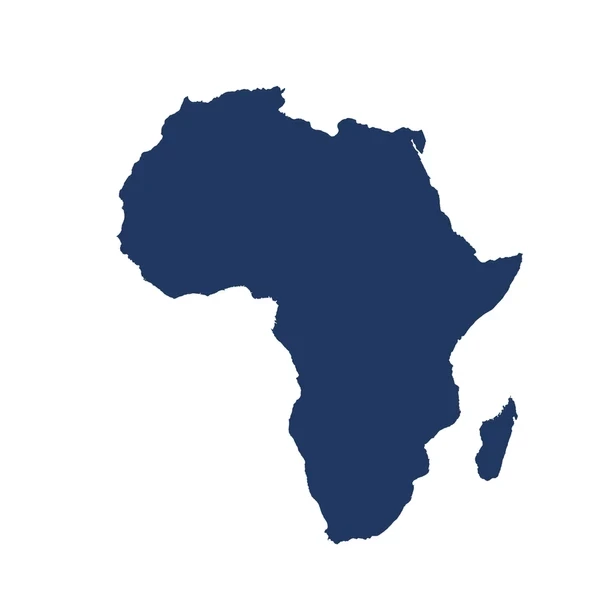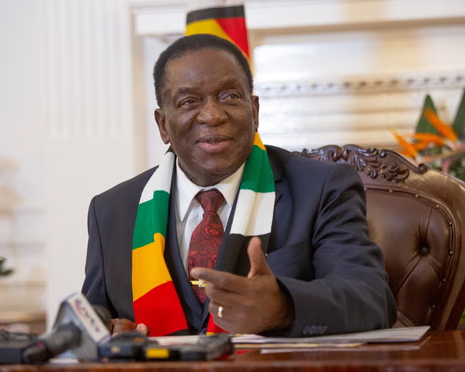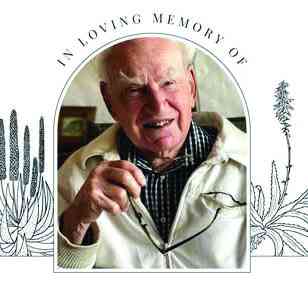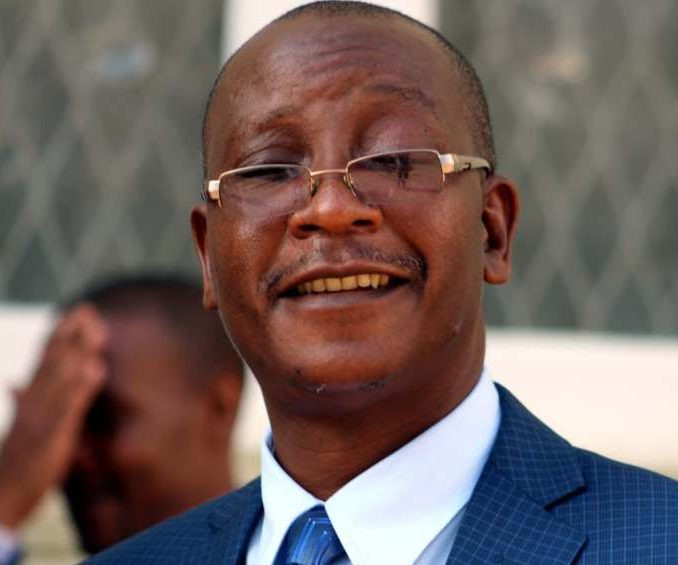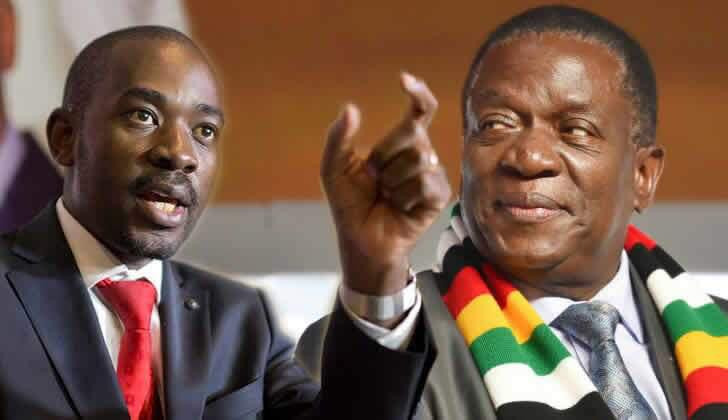
Zimbabwe will be holding another round of key elections in December barely three months after the controversial August polls that exposed many flaws in the country’s nascent democracy.
President Emmerson Mnangagwa on Friday proclaimed December 9 as the date for by-elections to fill 14 National Assembly vacancies following the mass recall of opposition Citizens Coalition for Change (CCC) MPs.
The legislators were recalled by Sengezo Tshabangu, who claims to be the CCC interim secretary general, barely a month after they were elected during the disputed August 23 and 24 polls.
CCC argues that Tshabangu is an imposter, who is being used by the Zanu PF party in its machinations to whittle down opposition MPs in order for the ruling party to establish a two-thirds majority, which it failed to get during the harmonised elections.
There is talk that Mnangagwa is entertaining hopes of running for a third term and for that to happen, the constitution must be amended as the president is currently limited to two terms.
Proponents of that theory cite the way National Assembly speaker Jacob Mudenda handled the recalls where he ignored communication from CCC leader Nelson Chamisa, but accepted Tshabangu’s correspondence without any questions.
The opposition party’s argument that the so-called interim secretary general was an imposter fell on deaf ears as Mudenda moved with speed to remove the legislators.
CCC also said the decision to proclaim the election dates while the recalls were being challenged in court showed Mnangagwa’s involvement in the removal of the MPs.
- Parly approves 2022 supplementary budget
- Call for fresh PVOs Bill public hearings
- Turkey denies human trafficking reports
- ZLHR pushes for PVOs Bill abolishment
Keep Reading
The debate about whether Tshabangu is an imposter or a genuine CCC office holder will be settled by the courts, but our concern is about what these recalls mean to Zimbabwe’s democracy.
In the previous Parliament, Douglas Mwonzora was allowed to do the same after he gained control of the MDC Alliance through a Supreme Court judgment.
Like Tshabangu, Mwonzora did not bother to consult the people that voted for the affected MPs before recalling them.
It was an individual, who made a decision on behalf of thousands of voters and that cannot be democracy by any stretch.
It is against this background that we implore parliamentarians and those interested in the democratisation of Zimbabwe to push for the scrapping of the recall law as a matter of urgency.
Zimbabweans in all the parliamentary constituencies have a right to be represented by leaders of their choice and our legal systems must not give room to opportunists to toy around with the lives of citizens.

